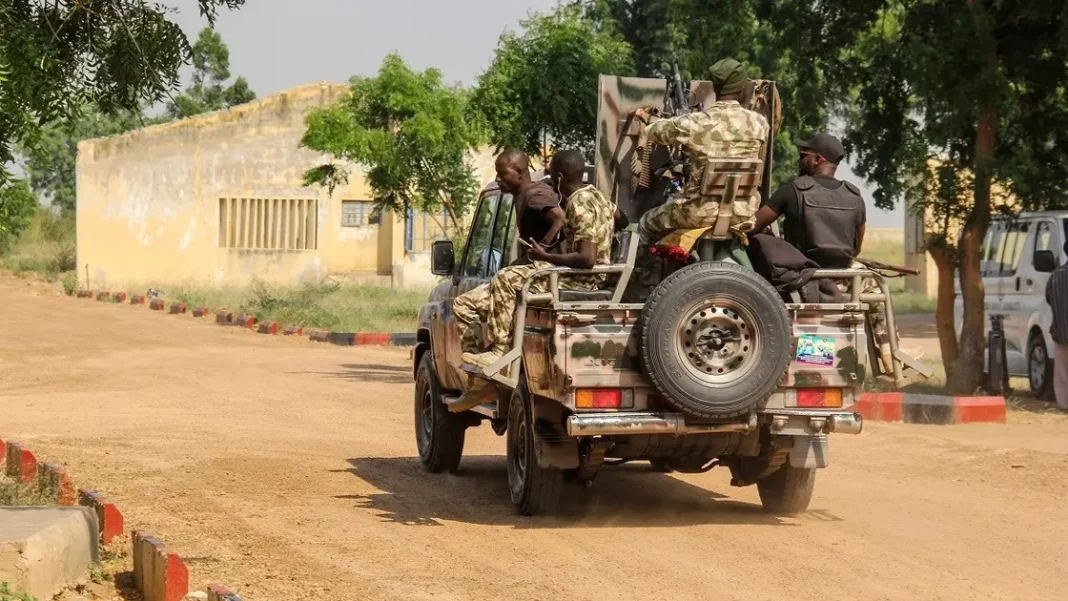In a tragic incident reported on Saturday, gunmen killed 15 people in a brutal attack on the village of Mera in northwest Nigeria. This violence is part of a broader trend of escalating insecurity in the region, exacerbated by the emergence of a jihadist group believed to have recently crossed into Nigeria.
Officials, including Kebbi State’s deputy governor, Umar Tafida, confirmed that the assault occurred on Friday, roughly 50 kilometers from the Niger border. Eyewitness reports describe the attackers as “unknown gunmen,” but there is rising concern over a newly active Islamist group known as “Lakurawa.” This group is thought to have origins in neighboring Mali and Niger and is suspected of undertaking hostile operations in northwestern Nigeria.
On Saturday, Tafida, along with senior security officials, attended funeral prayers for the victims in Mera, highlighting the tragic loss suffered by the community. The violence in this region is part of a larger issue that has plagued Nigeria for years. Since the rise of Boko Haram in 2009, armed violence has become increasingly common, with various Islamist factions emerging alongside the insurgency, often leading to mass kidnappings and persistent unrest.
In addition to this jihadist violence, Nigeria faces significant turmoil from armed bandits and kidnapping gangs, which have enhanced the chaos in rural areas. This unrest is further compounded by violent conflicts between farming communities and nomadic herdsmen. According to United Nations agencies, such instability has contributed to a looming famine, with projections indicating that 33 million people may experience “acute food insecurity” by next year.
Just days before the Mera attack, Idris Muhammad Gobir, deputy governor of Sokoto State, briefed federal military officials on the threats posed by the Lakurawa group. He reported that the group is equipped with sophisticated weapons, and its criminal activities have been documented in several local government areas. Lakurawa reportedly established a presence near the Niger border about two months ago, where it has been executing a series of violent attacks on remote villages.
The group has also taken to leveraging local grievances, conducting propaganda to sway resident populations away from secular governance toward a hardline interpretation of sharia law. Significantly, they have been recruiting young men from local villages by providing them with financial resources to start small businesses, thus further embedding themselves within the community fabric.
During the recent incursion, the group attacked Mera while villagers were gathered for Friday prayers, seizing livestock and engaging in violent confrontations with those who tried to protect their community. Local leaders have expressed their deep distress over the impact of this violence, with Bashir Isah, a community leader, revealing that residents who attempted to defend their herds were outmatched by the well-armed assailants, leading to the tragic loss of 15 lives in the ensuing clash.








